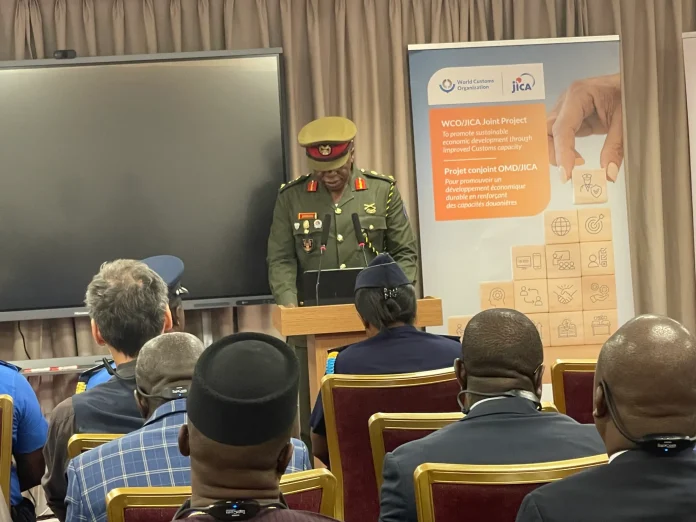Customs officials from five West African nations have completed intensive training on geospatial intelligence systems designed to combat cross-border smuggling and revenue losses.
Ghana hosted the regional workshop as part of expanding cooperation against illicit trade.
The World Customs Organization partnered with Japan International Cooperation Agency to deliver the week-long program for officers from Benin, Côte d’Ivoire, Ghana, Nigeria and Togo. Participants learned to use satellite imagery and mapping technologies for enhanced border surveillance.
Brigadier General Glover Ashong Annan, Ghana Revenue Authority Customs Commissioner, described geospatial intelligence as transformative for regional security. The technology enables real-time monitoring of cargo movements and detection of unauthorized landing sites previously difficult to track.
“By harnessing satellite imagery, mapping technologies, and real-time data, Customs can monitor cargo movements, detect unapproved landing sites, and track suspicious trade patterns with unprecedented accuracy,” Annan said. Advanced surveillance helps close gaps exploited by criminal networks while securing legitimate trade flows.
The initiative addresses growing smuggling threats as Africa prepares for increased trade under the Continental Free Trade Area. JICA Ghana Chief Representative Momoko Suzuki noted that continental integration could boost intra-African commerce by 81% through 2035, creating both opportunities and security challenges.
Illicit trafficking in drugs, weapons and counterfeit goods poses serious risks to public health and economic stability across the region. Traditional border monitoring methods struggle to detect sophisticated smuggling operations using remote routes and changing patterns.
Suzuki announced plans to expand the geospatial training to ten additional African countries including Burkina Faso, Cameroon, Kenya and Senegal. The broader program reflects Japan’s commitment to supporting African integration while ensuring security benefits accompany economic growth.
The training creates master trainers who will return to their home countries to educate additional customs personnel. This multiplier effect aims to build comprehensive regional capacity for modern border management and surveillance techniques.
Participants gained skills in analyzing satellite data, identifying suspicious infrastructure and tracking movement patterns that indicate potential smuggling activity. The technology provides “eyes from the sky” capabilities previously unavailable to most African customs administrations.
Japan reaffirmed support for African security cooperation at the recent TICAD9 Summit in Yokohama, positioning technology transfer as central to sustainable development partnerships. The customs training represents practical implementation of these commitments.
Regional customs authorities face mounting pressure to secure borders while facilitating legitimate trade growth under continental integration agreements. Geospatial intelligence offers tools to balance these competing demands through targeted enforcement and streamlined processing.
Source: newsghana.com.gh











